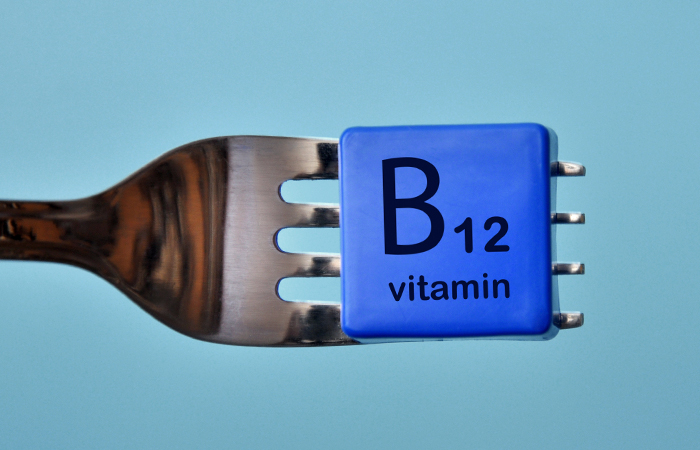Top Health Benefits of Phosphorus in Your Diet

Introduction
Phosphorus is an essential mineral that plays a crucial role in maintaining overall health and well-being. Often overshadowed by more well-known nutrients like calcium and vitamin D, phosphorus is nevertheless indispensable for various bodily functions. In this article, we will delve into the numerous health benefits of phosphorus, explore whether there are any gender-specific advantages, and identify foods rich in phosphorus to help you maintain optimal health.
The Importance of Phosphorus
Phosphorus is the second most abundant mineral in the human body, primarily found in bones and teeth, where it forms a key structural component of hydroxyapatite crystals, providing strength and rigidity. However, its significance extends far beyond skeletal health, as it participates in numerous physiological processes, including:
– Energy Metabolism: Phosphorus is a critical component of adenosine triphosphate (ATP), the primary energy currency of cells. Without an adequate supply of phosphorus, your cells would struggle to produce energy efficiently, leading to fatigue and reduced physical performance.
– Cellular Function: Phosphorus is integral to the structure of cell membranes and DNA, facilitating cellular communication and replication.
– Buffering Acid-Base Balance: It helps maintain the body’s acid-base balance by acting as a buffer, preventing excessive acidity or alkalinity that can disrupt cellular function.
– Muscle Contraction: Phosphorus is essential for muscle contractions, making it vital for physical activities and exercise.
– Nerve Function: It plays a role in transmitting nerve impulses and maintaining proper nerve function.
– Kidney Function: Phosphorus is involved in regulating kidney function and maintaining healthy blood pressure.
Health Benefits of Phosphorus
– Bone Health: While calcium often gets the spotlight, phosphorus is equally vital for maintaining strong bones and teeth. An appropriate balance of calcium and phosphorus is necessary for bone mineralization. A deficiency in phosphorus can lead to weakened bones and increase the risk of fractures.
– Energy Production: As a crucial component of ATP, phosphorus is essential for energy metabolism. Adequate phosphorus levels can help combat fatigue and enhance physical endurance.
– Cell Growth and Repair: Phosphorus is involved in DNA and RNA synthesis, making it essential for cell growth and repair. This property is particularly important during periods of growth, such as childhood and pregnancy.
– Digestive Health: Phosphorus supports digestion by aiding in the breakdown of macronutrients like carbohydrates, fats, and proteins. It also facilitates nutrient absorption, ensuring your body can extract the maximum nutritional value from the food you consume.
– Kidney Function: Phosphorus plays a crucial role in kidney function and the regulation of blood pressure. It helps maintain a balance between calcium and phosphorus levels in the blood, preventing adverse effects on the kidneys.
– Heart Health: Some studies suggest that phosphorus may have a role in heart health. It is thought to be involved in regulating blood vessel function and may contribute to a reduced risk of cardiovascular diseases.
Gender-Specific Benefits
While phosphorus offers general health benefits that apply to both genders, there are no significant gender-specific advantages associated with phosphorus intake. However, it’s important to note that individual nutritional requirements can vary based on factors such as age, activity level, and overall health. Pregnant and breastfeeding women, for instance, may have increased phosphorus needs to support fetal growth and milk production. Nevertheless, maintaining adequate phosphorus intake is crucial for everyone, regardless of gender.
Foods Rich in Phosphorus
Ensuring an adequate intake of phosphorus is essential for overall health. The recommended daily intake of phosphorus for adults is typically around 700 mg to 1250 mg, depending on age and sex. Here are some phosphorus-rich foods to include in your diet:
– Dairy Products: Dairy foods like milk, yogurt, and cheese are excellent sources of phosphorus. They also provide calcium, which complements the benefits of phosphorus for bone health.
– Meat and Poultry: Lean cuts of meat, such as chicken, turkey, beef, and pork, are rich in phosphorus. Fish, especially salmon and tuna, are also good sources.
– Eggs: Eggs are a phosphorus-rich food that provides various essential nutrients.
– Legumes: Beans, lentils, and peas are plant-based sources of phosphorus, making them suitable options for vegetarians and vegans.
– Nuts and Seeds: Almonds, peanuts, sunflower seeds, and pumpkin seeds are phosphorus-rich snacks that offer a host of other health benefits as well.
– Whole Grains: Whole grains like oats, brown rice, and whole wheat bread contain phosphorus and provide a steady source of energy.
– Seafood: Seafood, particularly shellfish like clams, mussels, and oysters, is rich in phosphorus.
– Soy Products: Tofu and soy milk are plant-based sources of phosphorus.
Conclusion
Phosphorus is a vital nutrient that often goes unnoticed in discussions about health and nutrition. It plays a pivotal role in various bodily functions, including bone health, energy metabolism, and cell growth. While there are no specific gender-related benefits, both men and women need an adequate intake of phosphorus to maintain overall health.
Incorporating phosphorus-rich foods into your diet, such as dairy products, lean meats, eggs, legumes, nuts, and whole grains, can help you meet your daily phosphorus requirements. By understanding the importance of this essential mineral and making informed dietary choices, you can support your health and well-being for years to come.










